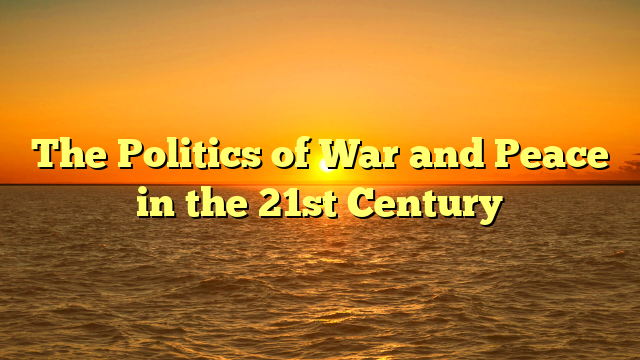War and peace remain central issues in global politics, even as the nature of conflict evolves. Traditional wars between states have declined, but new forms of conflict—civil wars, terrorism, and vikingtoto cyber warfare—pose complex challenges for governments and international organizations.
Civil wars now account for the majority of armed conflicts worldwide. These wars often involve ethnic, religious, or political divisions, and their consequences are devastating. Millions are displaced, economies collapse, and neighboring regions are destabilized. International interventions, while sometimes effective, often struggle to address the root causes of these conflicts.
Terrorism continues to shape global politics, particularly since the attacks of September 11, 2001. Counterterrorism policies have reshaped international relations, prompting debates about civil liberties, surveillance, and military intervention. While terrorist networks have weakened in some areas, they remain resilient and adaptive.
Cyber warfare represents a new frontier. States and non-state actors use digital tools to disrupt infrastructure, steal information, and influence elections. Unlike traditional warfare, cyber conflicts often remain hidden, making accountability and deterrence difficult. This new domain challenges existing international laws and norms.
Despite these threats, the pursuit of peace remains strong. International organizations such as the United Nations continue to mediate conflicts, while regional initiatives promote dialogue and cooperation. Peace agreements, though fragile, show that diplomacy can still succeed.
In conclusion, the politics of war and peace in the 21st century demand adaptability. Governments must respond to new threats while investing in diplomacy, development, and conflict prevention. The goal is not only to end wars but also to build lasting peace.
